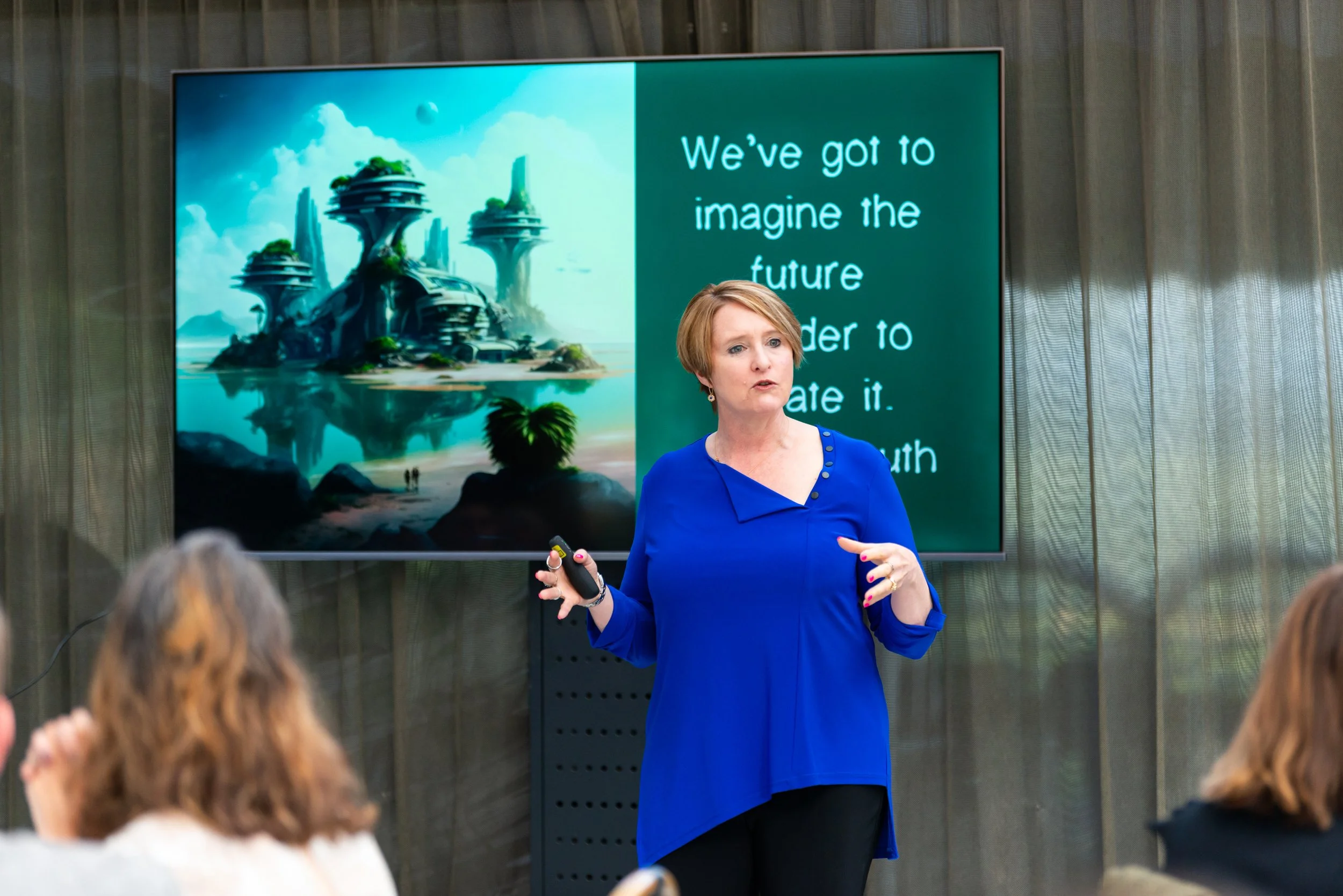Every day I work to assist team leaders and team members to work better together. Better leaders, better world.
When I see world leaders failing in leadership with lethal consequences, I am at once devastated and renewed in my mission.
We can and must do better.
The work of Dacher Keltner in The Power Paradox (a pretty good summary here) shows that power affects our ability to empathise with others. We can become more impulsive, rude, and narrow in our perspective.
In his book, Corruptible: Who gets power and how it changes us, Brian Klaas adds that power indeed can corrupt. He clarifies that it’s the systems that drive corrupt behaviour: people adapt their behaviour within an existing system. If the system is corrupt, people will act corruptly to fit in.
If we want to be leaders that generate a positive impact in the world, and not succumb to corruption or other traps of power, then we need to be rigorous with our self-checks.
1. What are our beliefs?
The war in Ukraine is a war of beliefs. Putin and his supporters believe that Ukraine is part of its ancient heritage and cultural territory. Reclaiming those lands is seen as a moral and patriotic duty. They are willing to kill and destroy for it. Zelenskyy and his countrymen believe in self-determination and the right to defend their homes. They are willing to die for it.
Acting on our beliefs can cause great pain or great reward. Whenever we act on our beliefs, we are always making a judgement call about the possible consequences. This is ethics in action.
A helpful filter is: “If everyone in the world acted this way, what would be the consequences?”
Team Leader Tip: What beliefs do you hold dearly that govern your leadership actions? Ask, “if everyone in the world acted this way, what would be the consequences?” Are you ok with the answer?
2. Are we acting with wisdom and compassion?
In my book, People Stuff, I showcase the Elder archetype. The Elder makes choices based on compassion, the best of the heart, and wisdom, the best of the mind. Elders are both sensitive and sensible.
We want to make our choices through both these filters. Sensible decisions without heart can be vicious; sensitive decisions without pragmatism can be limp.
Team Leader Tip: Consider actions and attitudes: are they wise and compassionate?
3. Are we grounded?
It’s cliché because it’s true: when we rise to power, we can forget what it’s like to be on the frontline. What we need is a dose of humility, curiosity, and care. These are hallmarks of the Elder archetype. With these attributes, we can pay attention to what conditions are like for those on the receiving end of our decisions.
Team Leader Tip: Get to know the roles in your organisation that have the least amount of power. Talk to those people. What are their day to day lives like? Are the decisions you are making improving their lot or making it worse?
Some additional thoughts…
To whom are we granting power?
Brian Klaas points out that we have leadership preferences that are based on outdated contexts. We used to need big strong male leaders because they were the ones who could protect us. Nowadays with guns and cyber warfare, we do not need masculinity and physical strength as qualifiers for good leadership.
Klaas also reveals that we tend to favour leaders that look like and sound like us, while being suspicious of those who differ.
Team Leader Tip: Take a look around. Who is in the inner circle? Are they a reflection or a refraction? Seek difference: those who see things differently offer us more perspective.
When we see better, we lead better.
My wish for you is that you continue to show up with courage. It’s hard to lead. There’s a lot at stake, and it’s often a thankless task. Don’t let the thrill of power be the reward. Let the difference you make in other people’s lives be the currency of your efforts.
***
Related Articles:
Leadership skills for power struggles
Leadership inspiration from Kofi Annan
Change perspective for better people stuff power
***
About the author, Canberra leadership expert Zoë Routh:
Zoë Routh is one of Australia’s leading experts on people stuff - the stuff that gets in our way of producing results, and the stuff that lights us up. She works with the growers, makers, builders to make people stuff fun and practical.
Zoë is the author of four books: Composure - How centered leaders make the biggest impact, Moments - Leadership when it matters most, Loyalty - Stop unwanted staff turnover, boost engagement, and build lifelong advocates, and People Stuff - Beyond Personalities: An advanced handbook for leadership. People Stuff was awarded Book of the Year 2020 by the Smart WFM Australian Business Book Awards.
Zoë is also the producer of The Zoë Routh Leadership Podcast.

